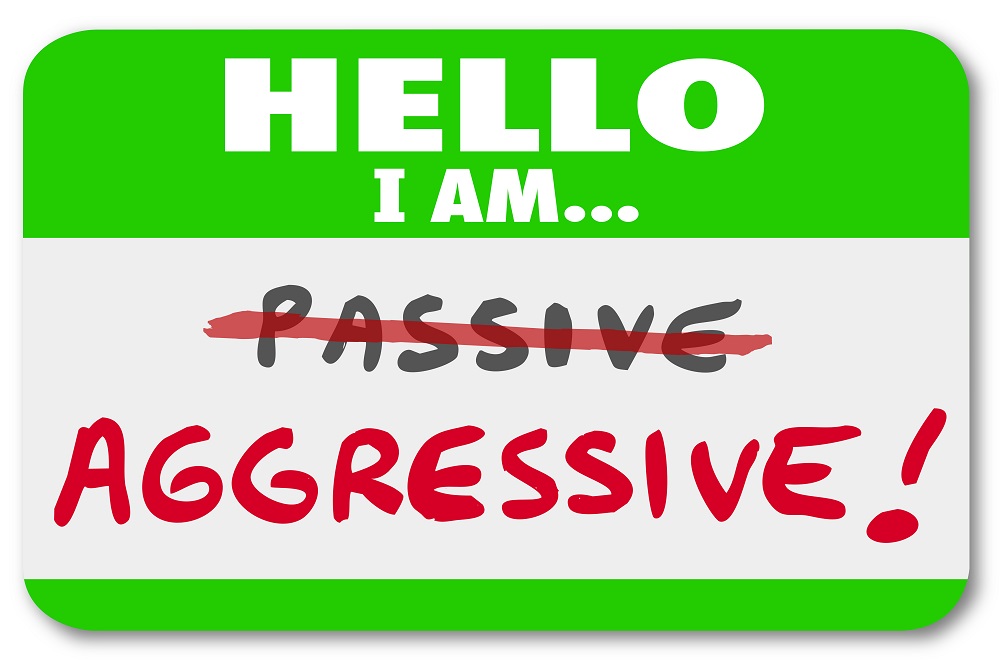A detailed study of cannabis legalization in this country reveals just how much steam the movement has picked up in recent years. It took quite a while for the first few states to legalize medical cannabis, but once the ball started rolling, it really took off. The question is, why? Could passive aggression be the key?
As strange as it sounds, it is quite possible that a combination of coordinated and uncoordinated passive aggression among cannabis proponents sways more minds than any other type of persuasion. Simply by suggesting moral weakness, proponents are more effective at winning prohibitionists to their side.
-
A Decade of Reddit Posts
If you were a researcher trying to determine why people change their minds about cannabis, how would you go about it? One researcher from Brown University decided to use machine learning and a decade’s worth of posts and comments on the popular Reddit platform. He chose to analyze data from 2009 to 2019 due to the popularity of the legalization movement during that time.
His analysis showed some surprising results. For example, sharing personal anecdotes about cannabis use were not as effective at changing minds as posing moral arguments. In other words, proponents did far better by challenging a person’s opposition to cannabis on moral grounds rather than talking about alleged benefits.
Equally interesting was the fact that discussions from a factual or medical standpoint did not seem to be as effective. People were less concerned about scientific data and more concerned about their own moral judgments. Accuse them of questionable morals and they were more likely to drop any opposition to cannabis.
-
Setting a Dangerous Precedent
Just how accurate this particular study is cannot be determined in any meaningful way, with the possible exception of doing survey-based studies asking people to explain why they changed their minds about cannabis. But let us just say the study is mostly accurate. It sets a dangerous precedent.
People being swayed to accept something based on their own moral judgments, without giving any thought to scientific data, opens the door to many things that would have been deemed unthinkable a few decades ago. We are presently in the midst of such a dilemma with the idea of forced vaccinations.
It normally takes a decade or longer before the FDA approves new drug therapies. Why? Because it takes that long to compile safety and efficacy data. None of the current coronavirus vaccines have undergone such lengthy testing. Yet there are segments of the population in favor of forced vaccinations – not based on scientific data, but only on their own moral convictions.
-
Cannabis As a Medical Product
Relying on passive aggression to change minds has implications in states hoping to keep their cannabis programs medical only. Utah is a good example. All cannabis sold legally in the Beehive State is sold through licensed pharmacies like Park City’s Deseret Wellness. Furthermore, patients can only purchase medical cannabis with a valid medical cannabis card.
Cannabis proponents in Utah are not happy with a medical-only program. They are pushing for recreational use as well. Will they succeed utilizing the same passive aggressive tactics that seem to have worked elsewhere? Time will tell.
Questioning someone’s character for being opposed to something is a form of passive aggression. Unfortunately, it is something human beings naturally do. We all make our own moral judgments. When we run across people with a different outlook, we question their morals as though ours are somehow superior. If the Brown University data is correct, passive aggression is the main reason cannabis legalization efforts have been so successful.












